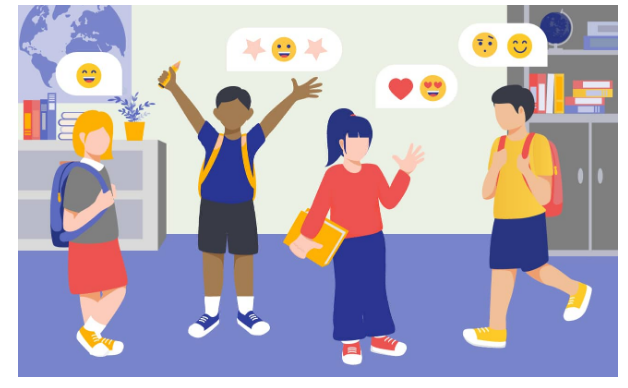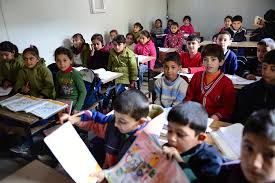The Importance of Social and Emotional Learning in Education

Social and emotional learning (SEL) is a critical component of education that promotes the development of social and emotional skills. SEL encompasses a range of skills and competencies that help individuals understand and manage their emotions, build positive relationships, and make responsible decisions. In this article, we will explore the importance of social and emotional learning in education and how it can positively impact students’ lives.
What is Social and Emotional Learning?
Social and emotional learning (SEL) is the process of developing the knowledge, attitudes, and skills necessary to understand and manage emotions, set and achieve positive goals, feel and show empathy for others, establish and maintain positive relationships, and make responsible decisions. SEL involves five core competencies that are essential to success in school, work, and life:
Self-awareness
Self-awareness is the ability to recognize and understand one’s own emotions, thoughts, and values, and how they influence behavior. This competency helps students develop a positive self-image and understand their strengths and limitations.
Self-management
Self-management is the ability to regulate emotions, thoughts, and behaviors in different situations. This competency helps students learn to control impulses, manage stress, and set goals.
Social awareness
Social awareness is the ability to understand and empathize with others, and to recognize and appreciate diverse perspectives and cultures. This competency helps students develop compassion and respect for others and build positive relationships.
Relationship skills
Relationship skills are the ability to establish and maintain healthy relationships with others, communicate effectively, cooperate, and work collaboratively. This competency helps students develop important social skills and teamwork skills.
Responsible decision-making
Responsible decision-making is the ability to make ethical and constructive choices about personal behavior and social interactions. This competency helps students develop critical thinking skills and learn to take responsibility for their actions.
Why is Social and Emotional Learning Important in Education?
Social and emotional learning is critical to the success of students in school and beyond. Here are some of the reasons why SEL is important in education:
Academic Achievement
Research shows that students who participate in SEL programs achieve higher academic success than those who do not. SEL helps students develop critical thinking skills, problem-solving skills, and effective communication skills, all of which are essential to academic achievement.
Emotional Well-being
SEL helps students develop emotional intelligence and resilience, which are essential to emotional well-being. Students who participate in SEL programs are better able to manage stress, regulate their emotions, and cope with challenges.
Positive Behavior
SEL helps students develop positive attitudes and behaviors, such as empathy, respect, and responsibility. This leads to a more positive school environment and reduces negative behaviors such as bullying and aggression.
Long-term Success
SEL helps students develop important life skills that are essential to success in adulthood. These skills include teamwork, leadership, communication, and problem-solving skills.
How Can Schools Implement Social and Emotional Learning?
There are several ways that schools can implement social and emotional learning:
Curriculum Integration
Schools can integrate social and emotional learning into the curriculum by embedding SEL competencies into academic subjects such as language arts, math, science, and social studies.
Teacher Training
Schools can provide training to teachers on how to teach social and emotional learning skills in the classroom. Teachers can also be trained to model positive behaviors and attitudes and create a positive classroom environment.
SEL Programs
Schools can implement SEL programs that provide students with structured opportunities to develop social and emotional skills. These programs can be delivered through classroom instruction, mentoring, or after-school programs.
Family Engagement
Schools can engage families in the social and emotional learning process by providing them with information on SEL and strategies for supporting their child’s development of social and emotional skills.



